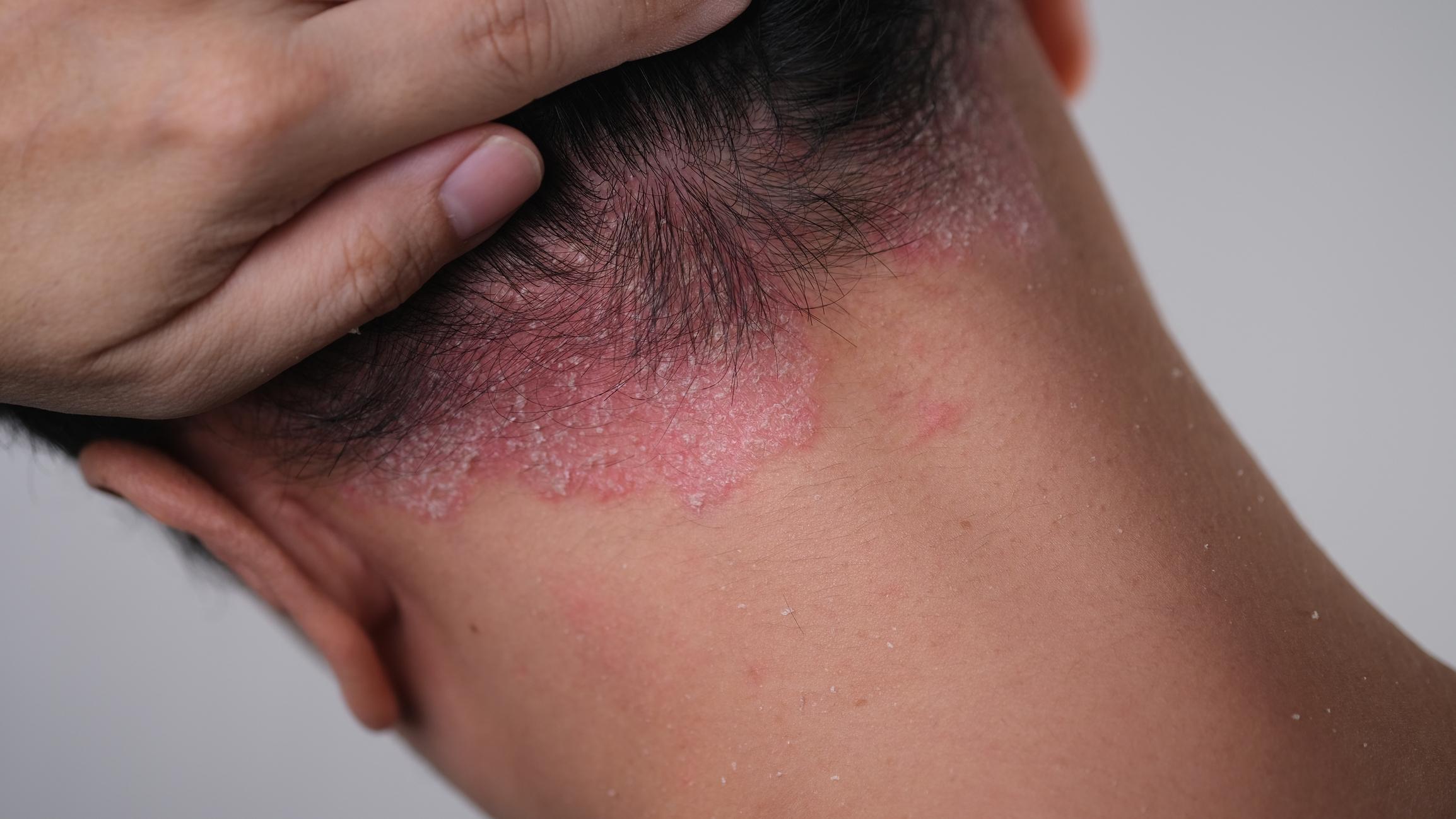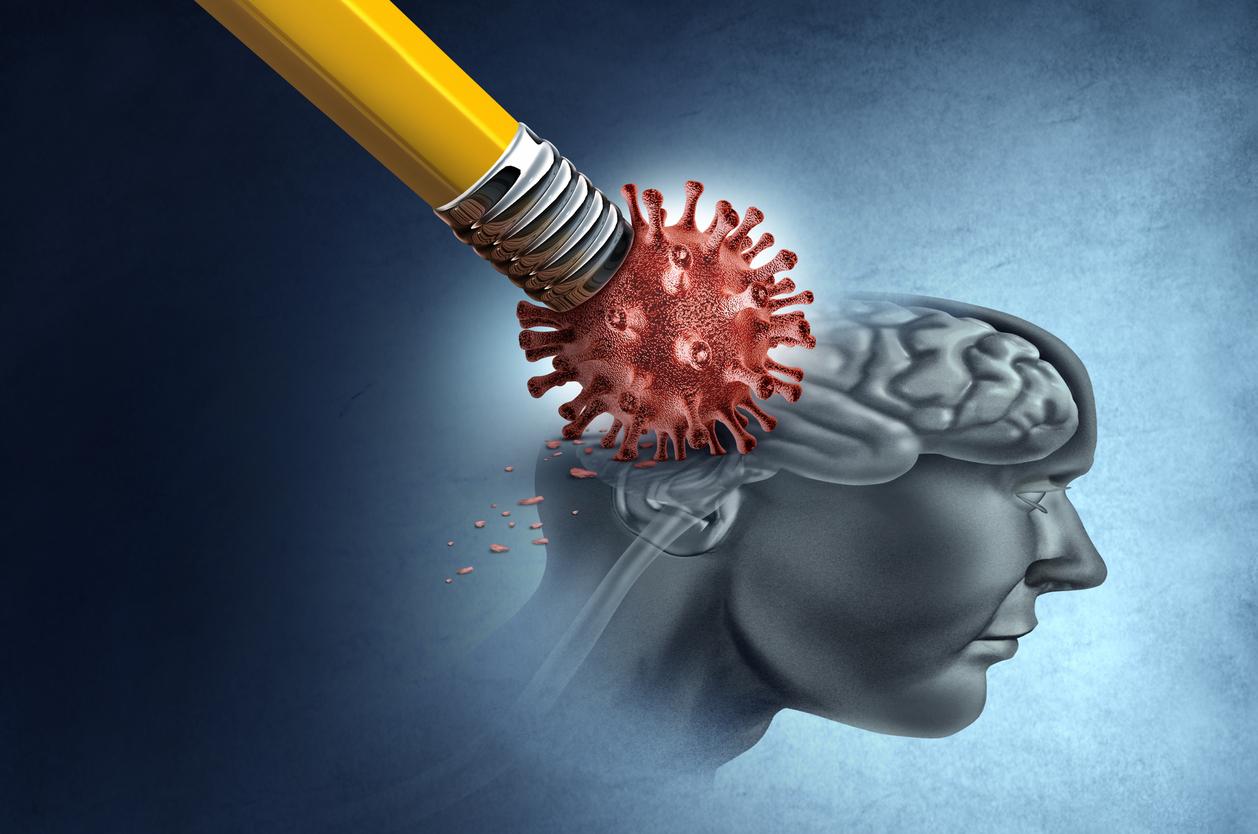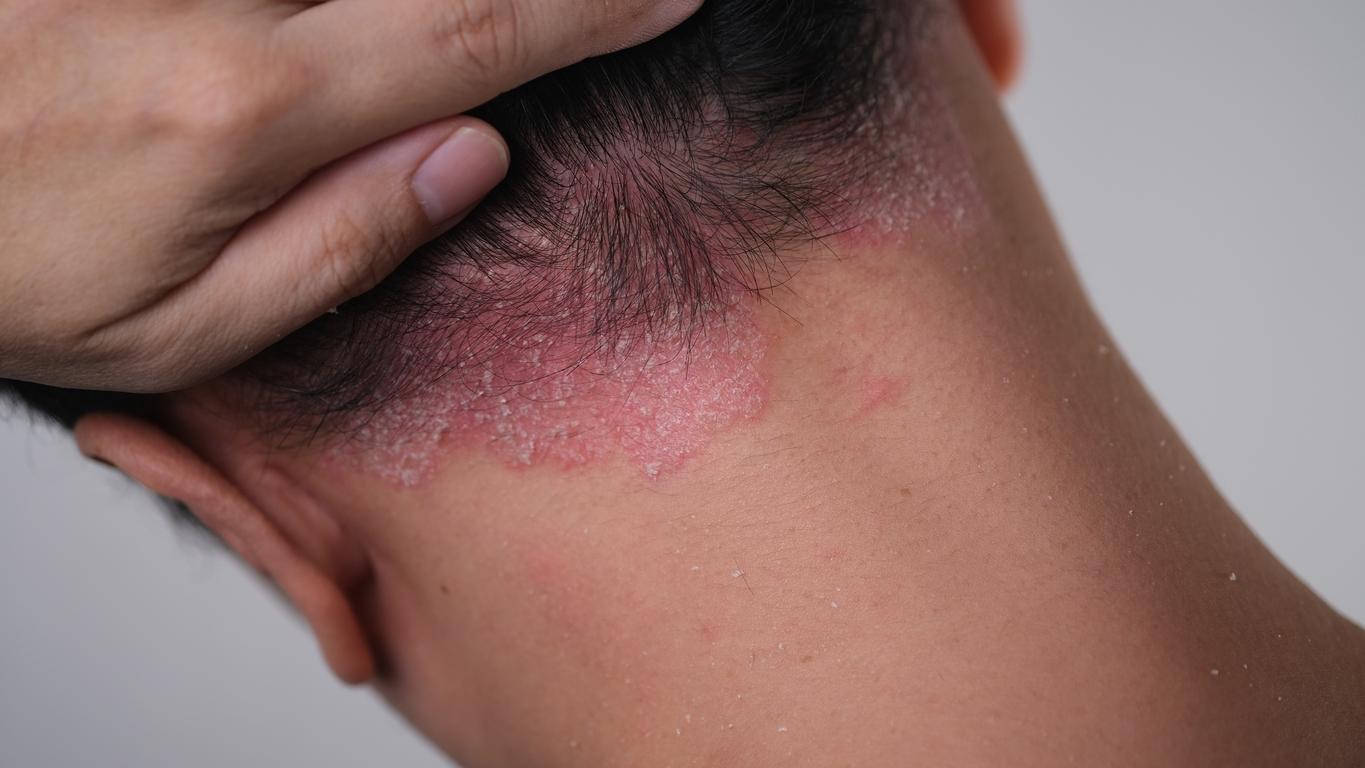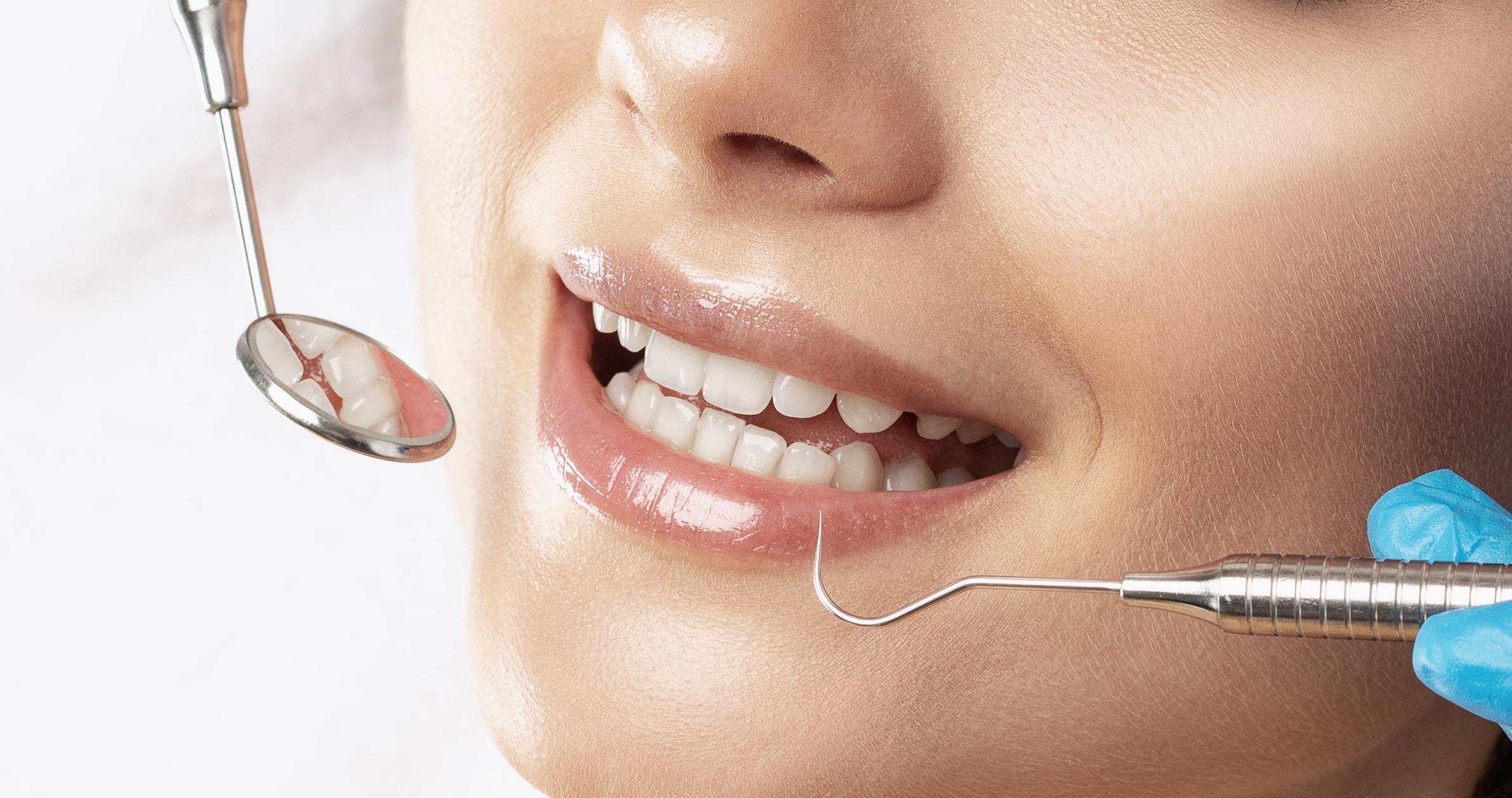One of the proteins made by skin cells, called IFN Kappa, can alter the severity of psoriasis in mice.

- 30 million people worldwide suffer from psoriasis.
- The disease manifests itself in the form of flare-ups, alternating with less active periods or even remissions.
Psoriasis is an inflammatory disease of the skin: it is characterized by red patches, sometimes covered with scales, thick crusts. Researchers in Michigan, United States, have discovered that a protein can reduce the severity of the pathology. In a mouse study, they found that the level of a protein is directly linked to inflammation. Their work has been published in the specialist journal Journal of Investigative Dermatology.
A protein that prepares the skin for inflammation
Previous work had identified abnormally high levels of certain proteins in the lesions of patients with psoriasis. This time, the American team used a model that mimics psoriasis in mice. They divided the rodents into groups with the protein at low, normal or high levels. The overexpressed protein alone did not induce the disease, but it prepared the skin for the inflammatory response that followed. By altering the levels of the protein IFN Kappa, naturally made by skin cells, they found that the severity of inflammation varied as well as the production of cytokines, the molecules responsible for it. “This work shows how the context of the skin environment can shape inflammatory responses.”commented one of the authors of the study, Mehrnaz Gharaee-Kermani.
More targeted treatments?
The research team hopes to be able to apply these findings in the development of treatments. “Understanding how interferon kappa can modulate psoriasis brings us even closer to optimizing treatments“, comments Michelle Kahlenberg, lead author of the study. Today, several drugs are available, but according to her, this new approach on proteins could make it possible to act more precisely. “Understanding a patient’s protein level could help us target specific things in that person to cure their disease faster and enable remission.”, she explains. Today, the treatment is only symptomatic: it can act locally or generally on the inflammation to reduce the lesions. When effective, complete remission is possible but maintenance treatment may be needed to prevent the plaques from appearing again.

.

















